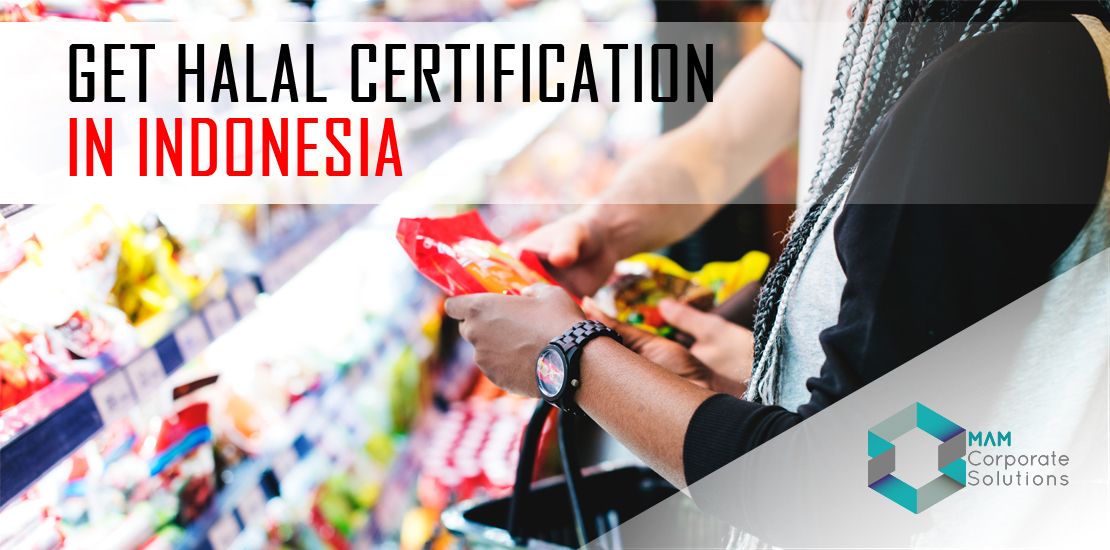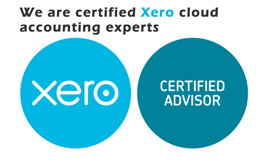
Halal is “permissible” in Arabic. The opposite of Halal is Haram, which means “forbidden”.
Halal certificate is required for a product to be considered as Halal. In Indonesia, the certificate follows Sharia Laws and is released by National Body of Halal Assurance (BPJPH), the highest authorities to certify and issue a halal certificate in Indonesia.
Apart from providing halal certification service, MAM Corporate Solutions assists businesses with various business licenses and compliance. If you wish to import other products into Indonesia or establish company in Indonesia, you can read the following useful articles.
Opportunities in Yogyakarta
Getting a halal certificate has been voluntary until recently. However, in October 2019, the Government enforced a new regulation that requires Halal products to have Halal certificates issued in Indonesia. Certificates from outside of Indonesia will be disregarded, unless issued by an agency in compliance with Indonesian Halal standards. Any product without the required certificate will be deemed as non-Halal by the Government and some well-devoted Muslims.
Halal certificates can be applied for food and beverages, drugs, cosmetics, slaughterhouses, and restaurants/catering/kitchens. Applicants can be manufacturers and/or distributors.
All ingredients need to comply with the Halal requirements, although they do not need to be Halal certified individually. This means company has to ensure that the Halal ingredients and products are processed in a Halal way and environment. They may be produced at a facility without Halal certificate, but the company needs to prove to BPJPH that the non-Halal does not contaminate the Halal.
The process of the application itself starts with an online application, followed by payment, and lastly, factory audit.
Halal Assurance System (HAS 23000)
HAS 23000 lists out the critical requirements to qualify for Halal certificate by BPJPH. It includes:
- Halal policy
- A written statement from the management that the company follows Halal procedures.
- Halal management team
- An official internal team declared by the Board of Directors – does not have to be Muslims.
- Training
- Internal and external training on HAS 23000.
- Materials
- All raw materials, additives and processing aid must meet the Halal requirements.
- Product
- The product itself and the name has to be Halal.
- The product name should not contain any Haram word, such as “rum”, “Satan”, and “Valentine’s”.
- Production facility
- Production facility may not be Halal certified, but it cannot contain pork.
- Written procedures for critical activities
- A description of material procurement.
- Traceability
- Each ingredient need to be traceable to its origin.
- Handling of non-conforming products procedure
- A description of non-compliant products’ destruction.
- Internal audit
- At least twice a year.
- Management review
- Once a year.
How MAM Corporate Solutions can help?
Applying for Halal certificate might be challenging for foreigners or anyone who is not familiar with the Islamic rules and regulations together with Indonesian culture. MAM Corporate Solutions can help you preparing the application, advising the management team, and even reviewing the list of product names.
Contact MAM Corporate Solutions
If you are in need of assistance in Halal certification, you can contact our expert anytime by Clicking here or provide below as much detail about your inquiry as possible to receive the most relevant response.
Latest insights
If you want to meet and discuss, you can easily make an appointment here.
Thanks to the efforts of the MAM Corporate Solutions team, we can now sell our products under the banner of the incorporated company. We appreciate how the MAM Corporate Solutions’ team is responsive and informative. The team’s best asset is their consistent communication.

